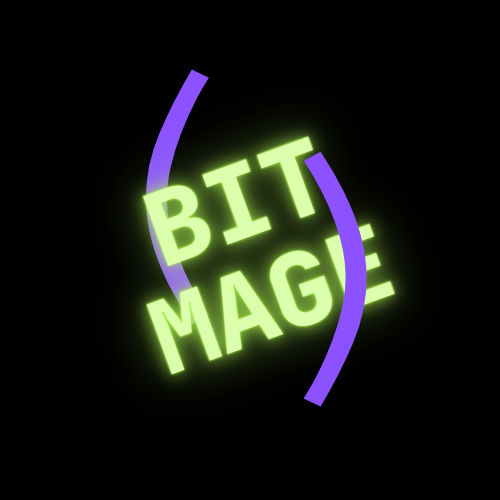One Off ..
I wrestle with boredom from time to time: probably because I maintain a healthy addiction for novelty.
Although my days are scheduled along with a mostly invariable undercurrent of overarching directives, a deliberate portion of “something new” keeps me engaged and aware in the longer run.
This idea of needing “something new” everyday has become the most recent constant in my life: to the point of me considering adopting a “new new” of “nothing new for a while and seeing how that feels”.
